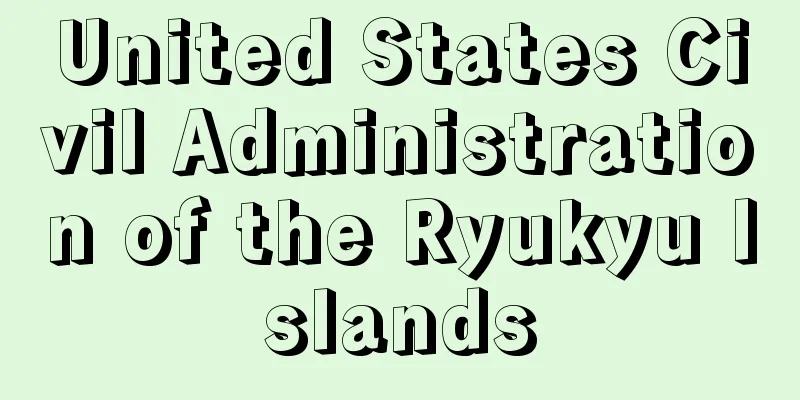nēparu (English spelling) neparu

|
…The king had the supreme judicial power, but the local administrative chiefs, šāpiṭu, played a wide range of roles. Police power was developed, and criminals were sometimes sent to prisons (nēparu) or penal labor camps in several places, including the capital. However, it can be said that the punishment was lenient compared to that of contemporary Mesopotamia. *Some of the terminology explanations that mention "nēparu" are listed below. Source | Heibonsha World Encyclopedia 2nd Edition | Information |
|
…国王に最高裁判権があるがとくに地方行政長官šāpiṭuが広範に活躍した。警察権が発達し,犯罪者は首都をはじめ数ヵ所にある刑務所nēparuや懲役労働場に送り込まれることもあった。しかし同時代のメソポタミアに比べて寛刑であったといえよう。… ※「nēparu」について言及している用語解説の一部を掲載しています。 出典|株式会社平凡社世界大百科事典 第2版について | 情報 |
<<: Nepal National Congress (English)
>>: Nepenthes gracilis (English spelling)
Recommend
Mukanna Rebellion - Mukanna Rebellion
A rebellion (776-783) led by Hashim bin Hakim (?-7...
van der Waals' equation of state
This equation of state was proposed by Dutch physi...
Pepping, E. (English spelling) PeppingE
…Important composers of the Romantic period inclu...
Oysters on a bank - Oyster doteyaki
...In later times, Hiroshima's cultivated oys...
Graphite - Graphite
Also called graphite. An allotrope of carbon. Alt...
Kuroda Kiyotaka
A politician of the Meiji period. Born on October...
Comparison length measuring device
Also known as comparator. A general term for measu...
Tou - To
("To" is the idiomatic pronunciation of ...
Göta River (English spelling)
This river flows out of Lake Väner, Sweden's l...
Dai Viet (English spelling)
The name of the country of Vietnam used from 1054 ...
Derivative function
If a function y = f ( x ) is differentiable on the...
Pseudo Reserve - Gijijunbikin
…Specific reserve funds can be withdrawn for spec...
atomteitak (English spelling) atomteitak
...Because they are based on divine oracles, they...
Rassi
The Arab Republic of Yemen (Arabic: Yaman) is a s...
Romm, MI (English spelling) RommMI
...The period when talkies began to be produced o...







![Ikina [village] - Ikina](/upload/images/67ce590941049.webp)

